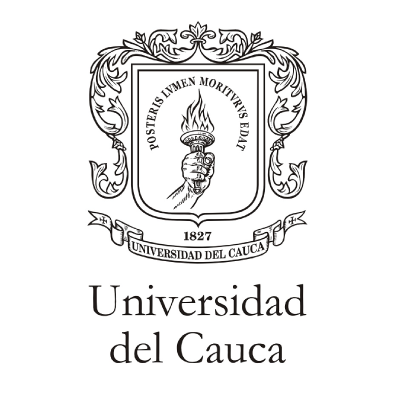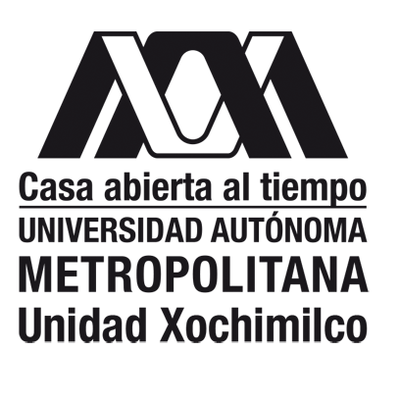Como eu gostaria de ser um bom colono. Apenas um momento antes de nascer
Poesia
DOI:
https://doi.org/10.64377/30087716.1202Palavras-chave:
mapuche, colono, poesia, memóriaResumo
Poesia sobre a colonização e os esforços das mulheres mapuche para renascer da memória.

Downloads
Arquivos adicionais
Publicado
Como Citar
Edição
Seção
Licença

-
Os autores mantêm os direitos de autoria e cedem à revista o direito de primeira publicação do trabalho, registrado sob a licença de atribuição Creative Commons, que permite que terceiros utilizem o que for publicado, desde que mencionem a autoria do trabalho e a primeira publicação nesta revista.
-
Os autores podem fazer outros acordos contratuais independentes e adicionais para a distribuição não exclusiva da versão do artigo publicada nesta revista (por exemplo, inclusão em um repositório institucional), desde que indiquem claramente que o trabalho foi publicado pela primeira vez nesta revista.
-
Os autores concedem a qualquer terceiro o direito de compartilhar e usar o artigo (para fins não comerciais), desde que os autores originais e a citação da versão publicada nesta revista sejam identificados.





